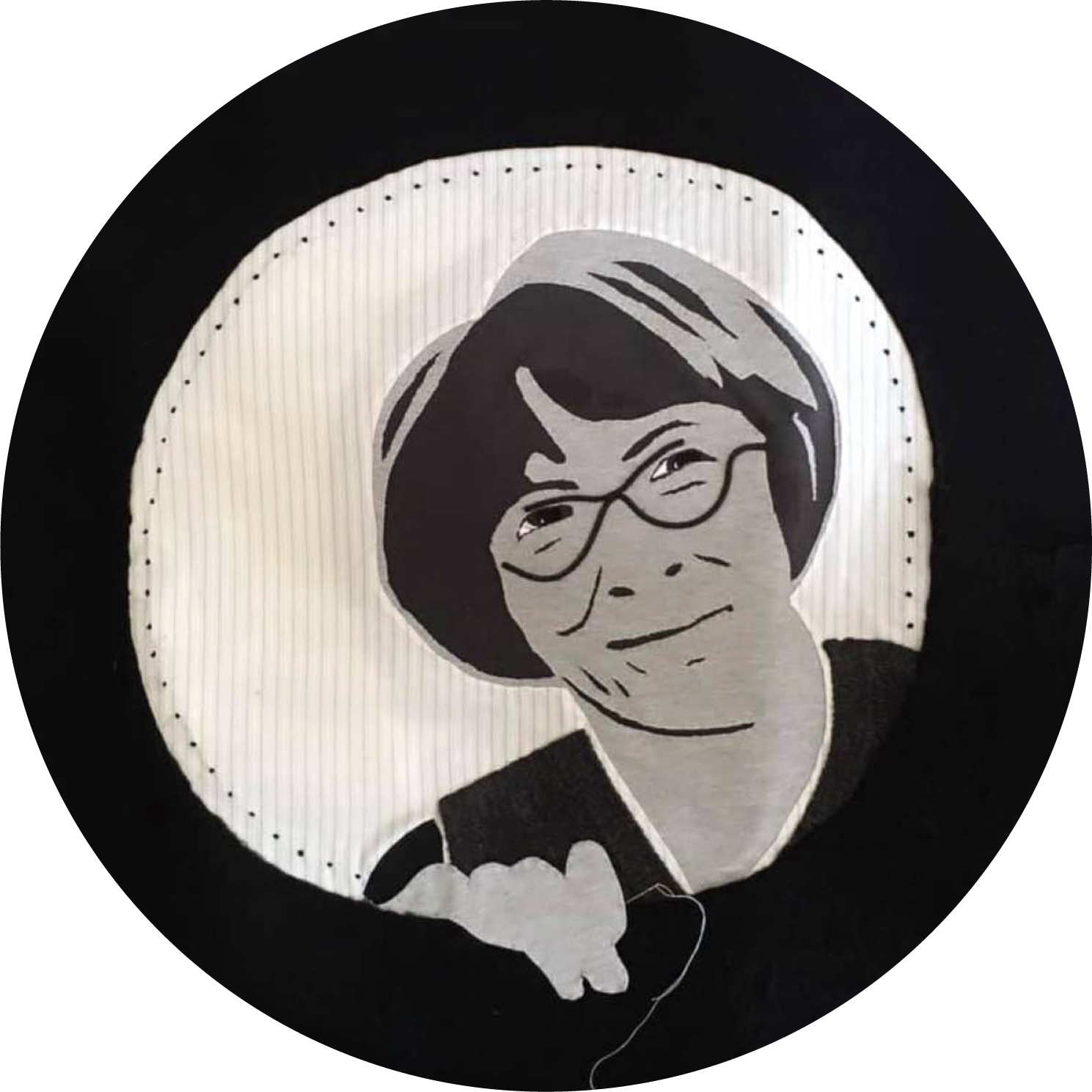A lecture at the Siam Society, Bangkok
Japanese clothing consumption rates escalated over the 20th century, and the rate of
this escalation stimulated distinct changes in kimono style. While foreign fashions did
impact Japanese kimono designs over this period, it is important to acknowledge that
stylistic changes were not solely reflective of fashions emanating from other global
centres. Changes also came from within, the result of indigenous aesthetic concepts as
well as major events including earthquakes, war, and economic booms and recessions.
Since 2020 the number of kimono on the second-hand market has reached
unprecedented quantities. Many of these kimono are silk and wool pieces that were
produced in the Showa period (1926 – 1989). The handmade, labour-intensive sector of
the industry, which was strong until the 1970s, is now, by comparison, very limited.
This extraordinary mix of excessive production of quality textiles and now excessive
dumping means that it is a prime time to collect, be it through Japanese dealers or even
the second hand shops in Bangkok. Caroline will present kimono typical of the changes
in the 20th century, focusing on the post war period and the evolving ideas of luxury that
drove stylistic changes so that we can better see the various types: the fashions in
kimono.
Born in rural Australia, Caroline grew up in the pristine beauty of raw nature. With a
background in fashion design and kimono history, she now lives in Bangkok. Working as
a fashion theorist, she has been humbled working with both weavers and embroiderers in
Kashmir, designers and museums in Tamil Nadu. She has lectured and exhibited in Russia,
India, Australia and Japan.
